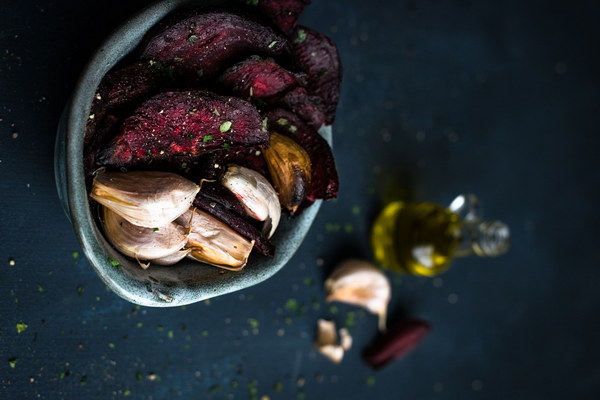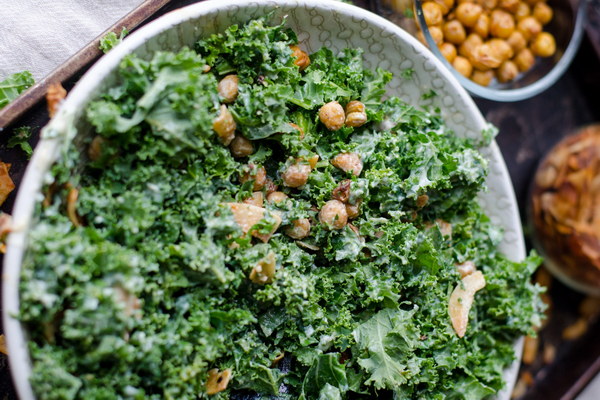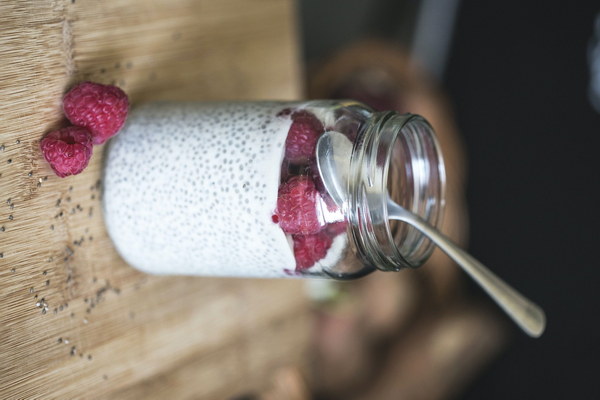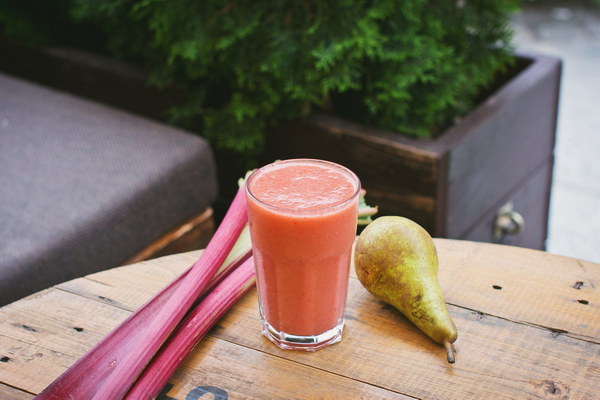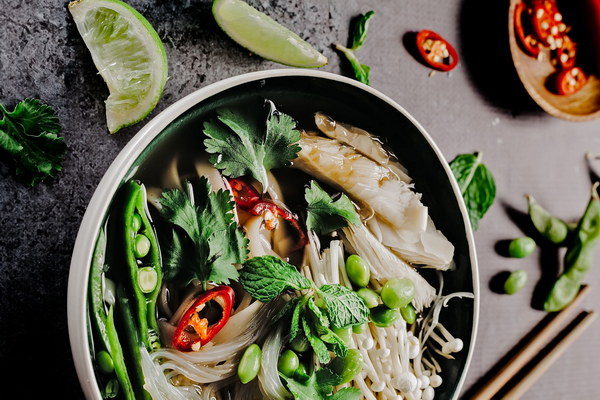Unveiling the Secrets of Dampness Removal A Comprehensive Guide to Traditional Chinese Remedies
In Traditional Chinese Medicine (TCM), dampness is considered a major cause of various health issues. Dampness, often described as a sticky, heavy, and damp quality in the body, can manifest in different ways, such as fatigue, bloating, and weight gain. This article delves into the concept of dampness in TCM and explores various remedies to effectively remove dampness from the body.
Understanding Dampness in Traditional Chinese Medicine
In TCM, dampness is believed to originate from an imbalance in the body's internal environment, caused by factors such as poor diet, excessive moisture, and environmental conditions. When dampness accumulates, it can lead to a range of symptoms, including:
1. Fatigue and weakness: Dampness can cause a feeling of heaviness and exhaustion, making it difficult to perform daily activities.
2. Bloating and weight gain: Excess dampness can lead to water retention, causing bloating and weight gain.
3. Poor digestion: Dampness can impair the spleen's function, resulting in poor digestion and constipation.
4. Mucus production: Dampness can cause an increase in mucus production, leading to sinus congestion, coughs, and other respiratory issues.
5. Cold and flu symptoms: Dampness can weaken the immune system, making individuals more susceptible to colds and flu.
Remedies for Removing Dampness
1. Diet: A key aspect of dampness removal in TCM involves adjusting the diet. It is essential to eliminate foods that contribute to dampness, such as dairy products, sugary foods, and processed foods. Instead, focus on a diet rich in fresh, whole foods, including:
- Lean proteins: Fish, poultry, and legumes
- Vegetables: Leafy greens, broccoli, and asparagus
- Fruits: Berries, apples, and oranges
- Whole grains: Brown rice, quinoa, and oats
2. Herbs: TCM utilizes a variety of herbs to remove dampness from the body. Some commonly used herbs include:
- Astragalus (Astragalus membranaceus): Known for its immune-boosting properties and ability to eliminate dampness.
- Poria (Poria cocos): Effective in draining dampness and improving kidney function.
- Atractylodes (Atractylodes macrocephala): Helps to strengthen the spleen and eliminate dampness.
3. Acupuncture: Acupuncture is a popular TCM treatment for dampness. It involves inserting fine needles into specific acupuncture points to stimulate the body's natural healing processes. Acupuncture can help to drain dampness, improve circulation, and reduce inflammation.
4. Exercise: Regular exercise can help to boost the body's circulation and metabolism, aiding in the removal of dampness. Activities such as walking, jogging, and yoga are particularly beneficial.
5. Lifestyle adjustments: It is essential to reduce exposure to damp environments and make lifestyle changes that promote a healthy internal environment. This includes:

- Avoiding excessive moisture: Keep living spaces well-ventilated and dry.
- Managing stress: Chronic stress can weaken the spleen and contribute to dampness.
- Getting enough rest: A good night's sleep is crucial for maintaining a healthy immune system.
Conclusion
Dampness is a common issue in Traditional Chinese Medicine, and it can lead to various health problems. By understanding the causes and symptoms of dampness, and implementing the appropriate remedies, individuals can effectively remove dampness from their bodies and improve their overall health. Incorporating a balanced diet, herbal remedies, acupuncture, exercise, and lifestyle adjustments can help to alleviate the symptoms of dampness and promote a healthy, balanced life.

